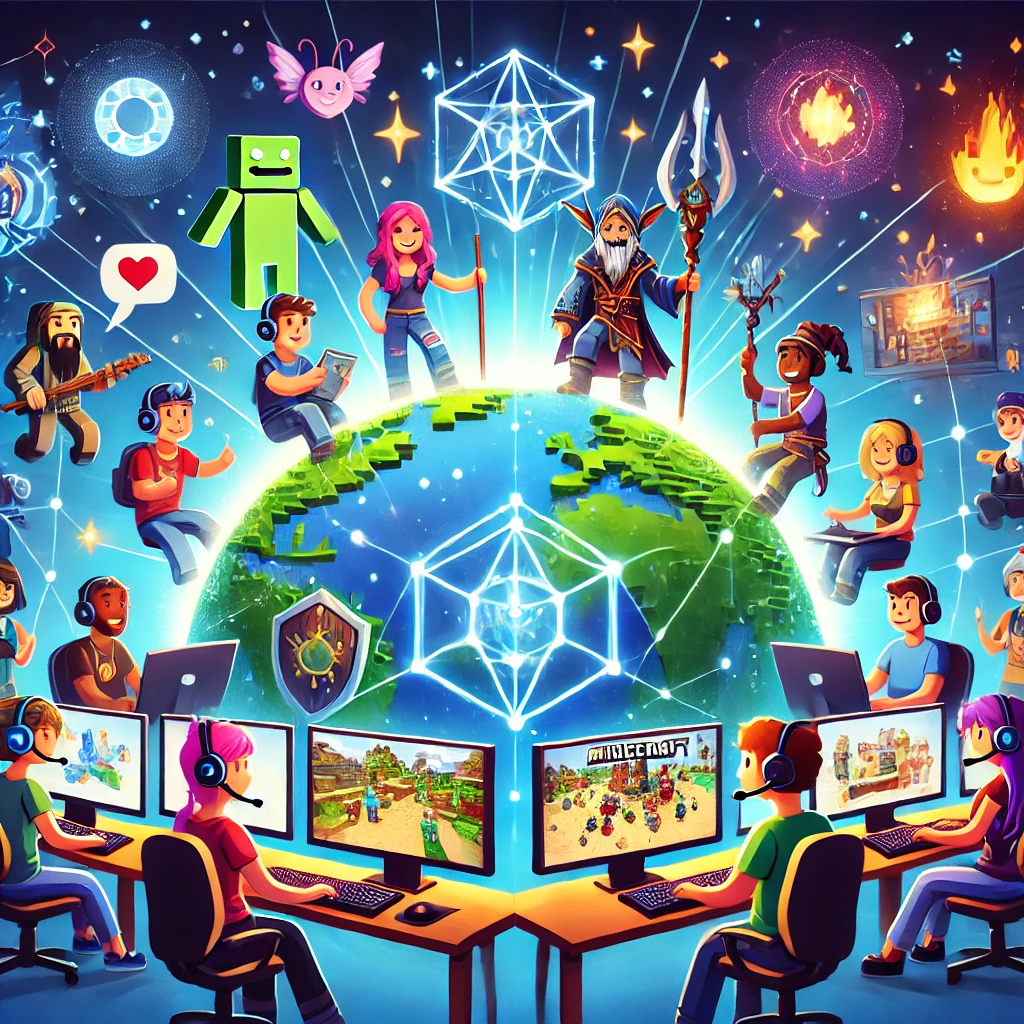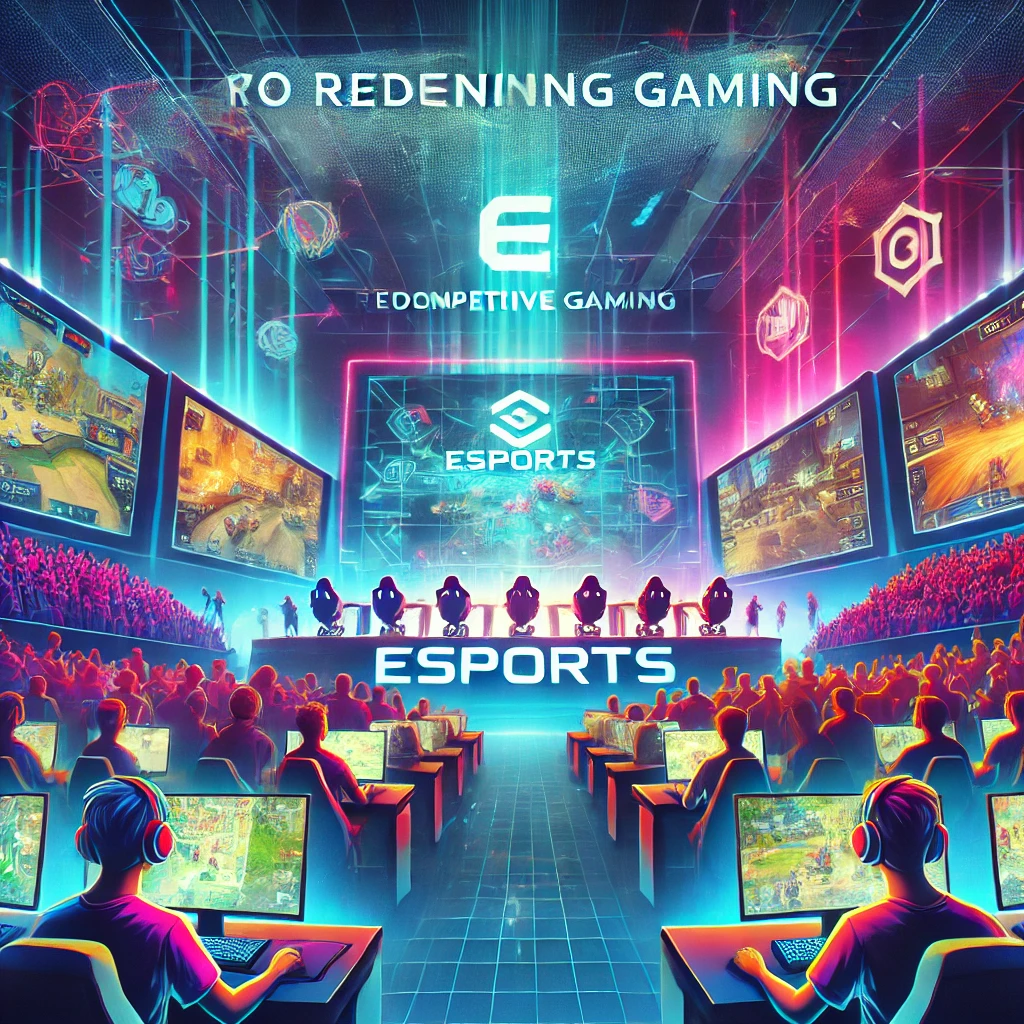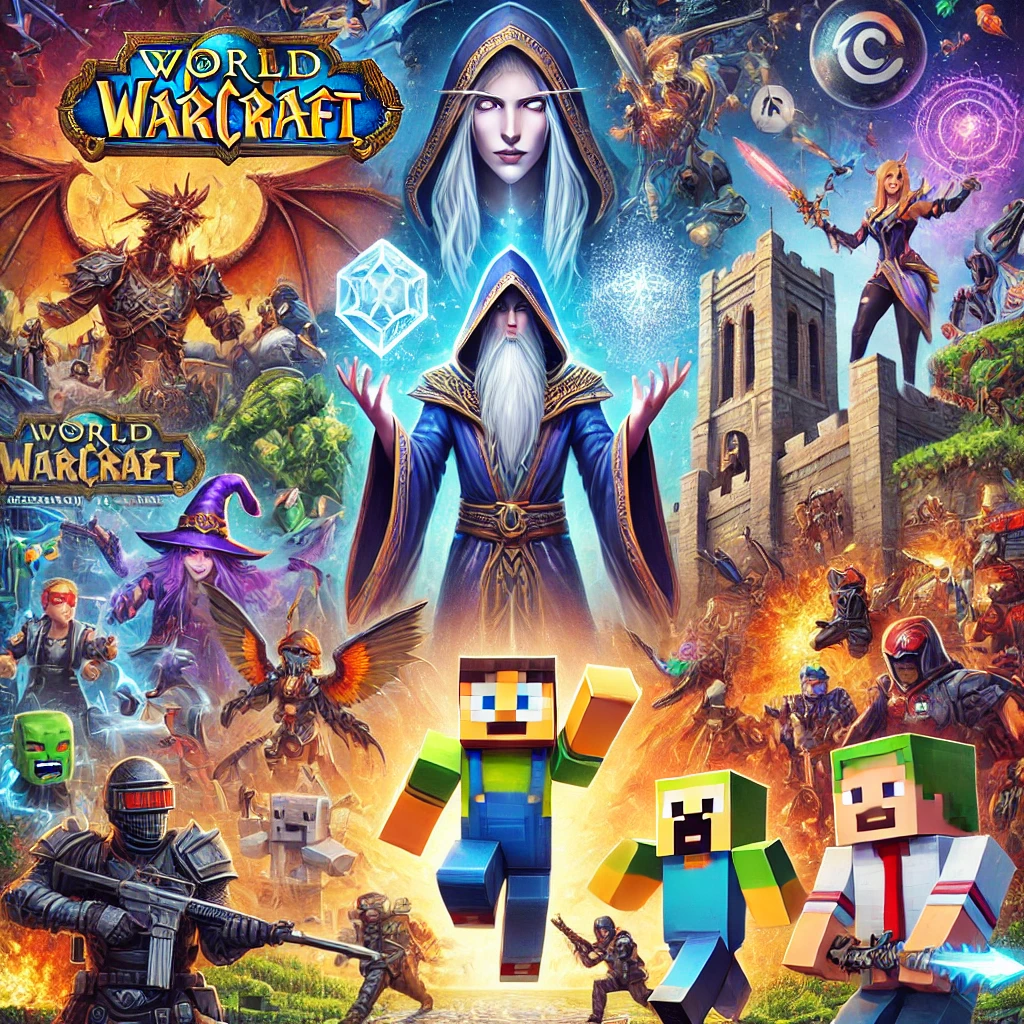The surge in online gaming has transformed the way individuals connect and socialize. More than just a form of entertainment, online games have evolved into platforms where communities are built and friendships are nurtured, extending beyond physical boundaries. This article explores how online games enable meaningful interactions, encourage teamwork, and establish lasting social networks.
1. Common Goals: The Bedrock of Gaming Communities
A major factor behind the success of online games in building communities is their ability to bring players together with shared objectives. Whether it’s vanquishing a tough enemy in World of Warcraft, winning a League of Legends match, or surviving as a team in Fortnite, these common goals foster a strong sense of unity.
Players collaborate, communicate, and plan strategies to achieve these objectives, often forming close-knit groups or “guilds” to tackle challenges. These groups evolve into small communities where members not only play together but also support each other outside the game.
2. Bridging Geographical Distances
Online games connect people from varied backgrounds and different parts of the globe. This worldwide connectivity promotes understanding and appreciation of diverse cultures, as players often team up with or compete against individuals from other countries. Games like Minecraft and Among Us encourage teamwork and creativity, breaking down barriers and forming bonds based on shared interests rather than location.
3. Enhancing Communication and Social Skills
Playing online games frequently requires significant communication. Players utilize in-game chat, voice chat, or external platforms like Discord to coordinate tactics or simply socialize. This regular interaction helps players improve their communication and social abilities, particularly for those who might find face-to-face interactions challenging.
For instance, shy or introverted players may find it easier to communicate in an online gaming setting, leading to confidence-building experiences. Over time, these interactions can enhance their overall interpersonal skills both online and offline.
4. Support Systems within Gaming Communities
Gaming communities often serve as support systems. Players share more than just game experiences—they talk about personal challenges, celebrate milestones, and offer emotional support. For example, a player in a long-term guild might receive encouragement during difficult times or celebrate personal achievements such as a job promotion with fellow gamers.
Certain communities, like those around games such as Animal Crossing: New Horizons, go further by promoting kindness and generosity. Players exchange items, visit each other’s virtual spaces, and create an atmosphere of mutual support and care.
5. Safe Spaces for Marginalized Groups
Online gaming has created welcoming environments for marginalized groups to connect. LGBTQ+ gamers, for example, have found supportive communities within games like The Sims Online or through groups like “Gaymers” on platforms like Reddit and Discord. These spaces allow individuals to express themselves freely and find solidarity with similar players.
Similarly, advancements in game accessibility have enabled individuals with disabilities to join and thrive in gaming communities. Games like Rocket League and Apex Legends continue to incorporate features that enhance inclusivity.
6. Building Long-Lasting Friendships
Friendships formed in online games frequently extend beyond the virtual realm. Many players meet in person at gaming conventions, tournaments, or through personal visits. These connections can result in lifelong friendships and even romantic relationships.
In conclusion, online games have become more than just a pastime. They are vibrant spaces where people from around the world can connect, collaborate, and form meaningful relationships.
Stories abound of players finding their closest friends or even their partners through gaming, showcasing the significant impact of shared digital adventures.
7. Collaborative Creativity and Expression
Games such as Minecraft, Roblox, and Dreams have opened up new avenues for players to collaborate creatively. They construct detailed environments, develop mini-games, and share their innovations with others. This collaborative effort strengthens the connection between players as they work together to turn ideas into reality.
Streaming services like Twitch enhance this community feeling by allowing players to broadcast their experiences to a larger audience. Streamers and their viewers often build lively communities, united by their mutual passion for a particular game or gaming figure.
8. Challenges and Toxicity
Online gaming has many benefits, but it also faces challenges. Toxic behavior and harassment can tarnish the positive aspects of gaming communities. To combat these issues, developers and platforms are increasingly enforcing stricter rules, implementing reporting systems, and encouraging positive conduct through community guidelines.
Despite these hurdles, most players find online gaming to be a domain for connection and growth, demonstrating that the positives far exceed the negatives.
Conclusion
Online games are much more than mere entertainment—they are vital tools for community building and friendship fostering. By linking players from around the world, promoting teamwork, and offering platforms for creative expression, online games have formed social networks that enrich players’ lives both online and offline. As technology advances, the potential for online games to further solidify these connections is immense, making gaming a fundamental part of contemporary social interaction.


